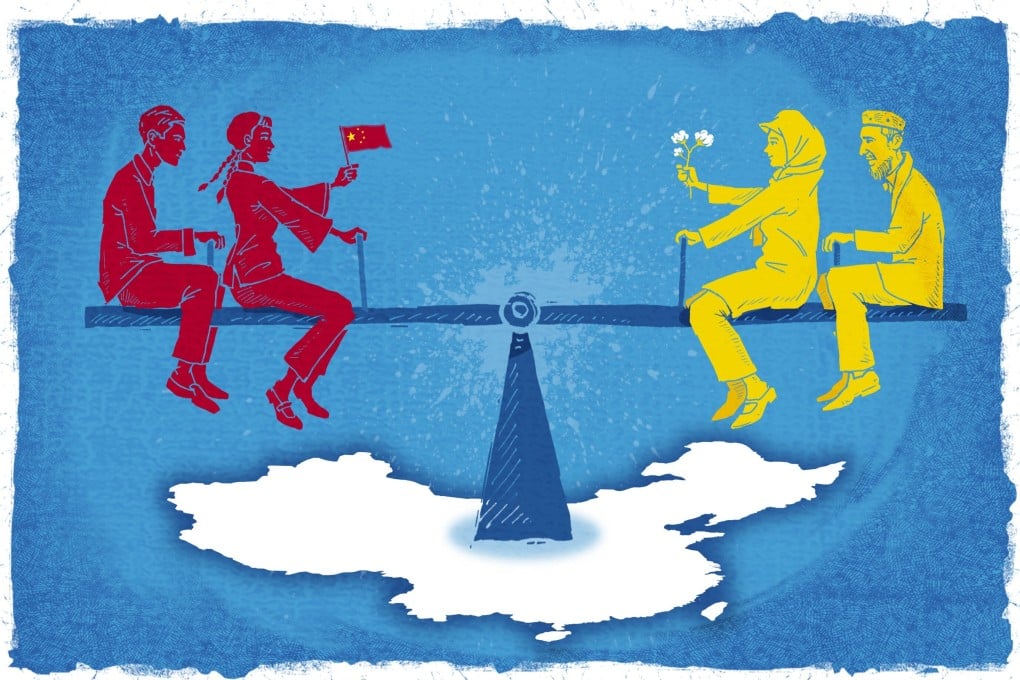China’s Xinjiang policies ‘poorly explained and ruthlessly executed’
- Chinese experts say the country’s leaders share some of the blame for the war of words with the West over treatment of Uygur minorities
- Western accusations of genocide and forced labour based on ‘guesswork and unverified testimonies’ in the absence of first-hand information

International pressure against China over its Xinjiang policies has gained traction in recent months, with China criticised over the treatment of Uygur Muslims in Xinjiang Uygur autonomous region. China has denied allegations of forced labour and detention. We look at the issues in this series.
It was 65 years ago last week – on April 25, 1956 – that Mao Zedong spelt out how China’s ethnic minorities should be governed, in a seminal speech to the Politburo outlining his vision of a socialist China and its path towards modernisation.
The speech, “On the 10 Major Relationships”, signalled a break from the Soviet model which the Chinese Communist Party had followed since it came to power in 1949. Instead, Mao said, the party must find its own way in building socialism, developing the economy and sharing power with other political parties.
The same was true of China’s policies towards its ethnic minorities. “We must sincerely and actively help the minority nationalities to develop their economy and culture. In the Soviet Union, the relationship between the Russian nationality and the minority nationalities is very abnormal. We should draw lessons from this,” Mao said in a reference to policies that promoted Russian nationalism.
“The population of the minorities in our country is small but the area they inhabit is large. The Han people comprise 94 per cent of the total population, an overwhelming majority. If they [the Han] practised Han chauvinism and discriminated against the minority people, that would be very bad. And who has more land? The minority nationalities occupy 50 to 60 per cent of the territory.”